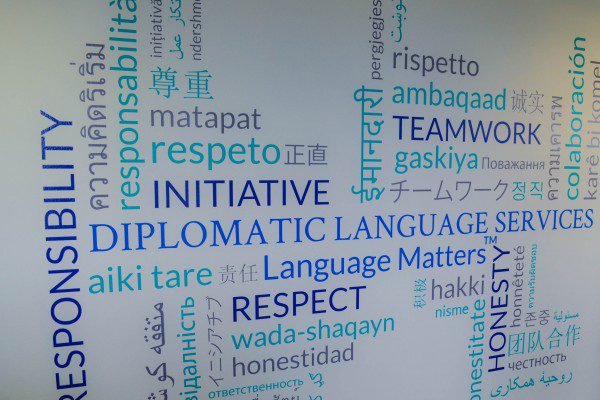Embarking on the journey of learning a new language is an exciting endeavor. It opens up doors to different cultures, broadens perspectives, and enhances cognitive abilities. A question that often arises among language enthusiasts is: “Is it faster to learn languages if you already know similar languages?”
When languages share roots, they often have similarities in vocabulary, grammar, and sentence structure. For instance, if you know Spanish, picking up Italian or French might be less challenging due to the shared Latin origin. This commonality in linguistic structures can significantly accelerate the learning process.
Cognates are words in different languages that share a similar origin, spelling, and meaning. Knowing cognates can act as a helpful shortcut to acquiring vocabulary in a new language, making the learning process smoother and more enjoyable.
Practical Examples:
- Spanish and Portuguese: Both languages originated from Latin, sharing about 89% of their lexis, allowing speakers of one to learn the other with relative ease.
- Dutch and German: These languages, stemming from the same language family, share many similarities in vocabulary and syntax, thus facilitating quicker learning for speakers of either language.
Cognitive Benefits:
- Enhanced Metalinguistic Awareness: Learning a similar language can refine one’s understanding of linguistic components, such as grammar and syntax, making it easier to grasp new languages swiftly.
- Cognitive Flexibility: Knowing multiple languages, especially similar ones, promotes cognitive flexibility, enabling learners to adapt to new linguistic structures and rules more efficiently.
Leveraging Similarities:
- Focus on Common Vocabulary: Start by identifying and learning words that are common between the known and the new language. This will provide a solid vocabulary base, making further learning more accessible.
- Understand the Differences: While leveraging similarities, it’s crucial to understand the differences between the languages to avoid confusion and to accurately grasp the nuances of the new language.
Indeed, knowing a language with similarities to the one you are learning can expedite the learning process, thanks to shared vocabulary, grammar, and structures. Leveraging the similarities while understanding the differences can provide a smoother and more enjoyable learning experience. So, if you already know a language and are curious about learning another, consider exploring languages with shared roots or similarities. Happy learning!
For more DLS, check out other blogs and visit us on Facebook, LinkedIn, Instagram, or YouTube!




